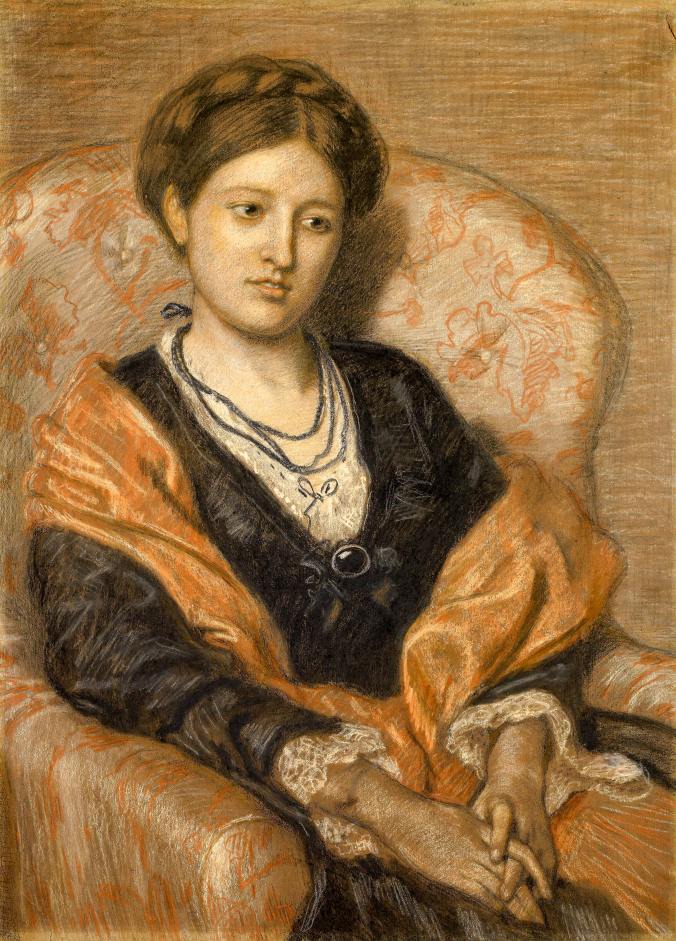
Recently, I had an opportunity to guest blog for RWSL. So for today, you get a little bit of writing technique advice. Don’t close down yet. It’s not an English class. This might help in your own writing or speaking or social posts. So here goes.
In my writing group, we’ve been talking about filters. It’s made me hyper-sensitive to words and phrases that separate my readers from my action. Editing these filters has strengthened my writing. So let’s talk about filtering here.
The phrase ‘filtering’ comes from Writing Fiction by Janet Burroway. She writes, “you step back and ask readers to step back and observe the observer—to look at [the character] rather than through the character—you start to tell-not-show and rip us briefly out of the scene.” Filters are words that come between our readers and our character’s point of view or their experience. They pull the reader out of the action.
Once you’ve become aware, you’ll begin to notice filters everywhere, and I guarantee that you’ll want to banish them as much as possible from your writing. Here is an example (filters in bold). First draft and edited excerpt from The Lies We Tell by Gigi Lynn:
The rocking of the carriage and the bumps in the road kept me holding onto my seat. I thought miserably about the day. I looked down at the boy’s clothes I wore, now much worse for the drying mud. I asked myself what did I have to show for my unladylike defiance and descent into immodesty?
I found a maid I no longer wanted but lost a dog I did. I had no papers, and I had no more information about what Hugh was doing. I asked myself, what did all of this have to do with me? I had never been involved in Hugh’s vices. I told myself shouldn’t feel responsible. I knew I wasn’t equipped to expose smugglers or fight women who ran brothels. I had been taught to be a lady. I realized that I had no other skills. What a muddle I had made of things I thought in discouragement.
The rocking of the carriage and the bumps in the road kept me holding onto my seat. What a miserable day. My boy’s clothes stuck to me, more disreputable for the mud. And what did I have to show for my unladylike defiance and descent into immodesty?
I found a maid I no longer wanted but lost a dog I did. I had no papers and no more information about what Hugh was doing. What did all of this have to do with me? I had never been involved in Hugh’s vices. I wasn’t responsible. I wasn’t equipped to expose smugglers or fight women who ran brothels. I was taught to be a lady. I had no other skills. What a muddle I had made of things.
When we take out the words that come before the action, our readers will experience the action and emotions more immediately. They will be in the story, living what happens along with the character.
Now that you’ve seen what a difference filtering makes, you’ll start noticing phrases like:
I watched as— She realized that— He noticed— He saw that— I felt like— She knew— I decided right then that— It seemed— He wondered— She thought— She heard— It sounded like— There are others, but you get the idea.
It’s our goal to have readers enter our stories. We want them to feel what our characters feel. We want them to experience the action with our character, not through our character. If we remove most of the filters from our writing, our readers will more vividly experience every action and emotion in our stories. so let’s write unfiltered!
“Gigi Lynn grew up in Las Vegas, devouring romance novels like they were candy. She studied and later taught English literature and writing—and continued to read romance novels voraciously. She raised seven children and read to them every day—and often read romance novels for fun or escape. She always said she would write one day. One day is now! She recently published two regency romance novels and a novella. Another novella will go live mid-October 2021.









